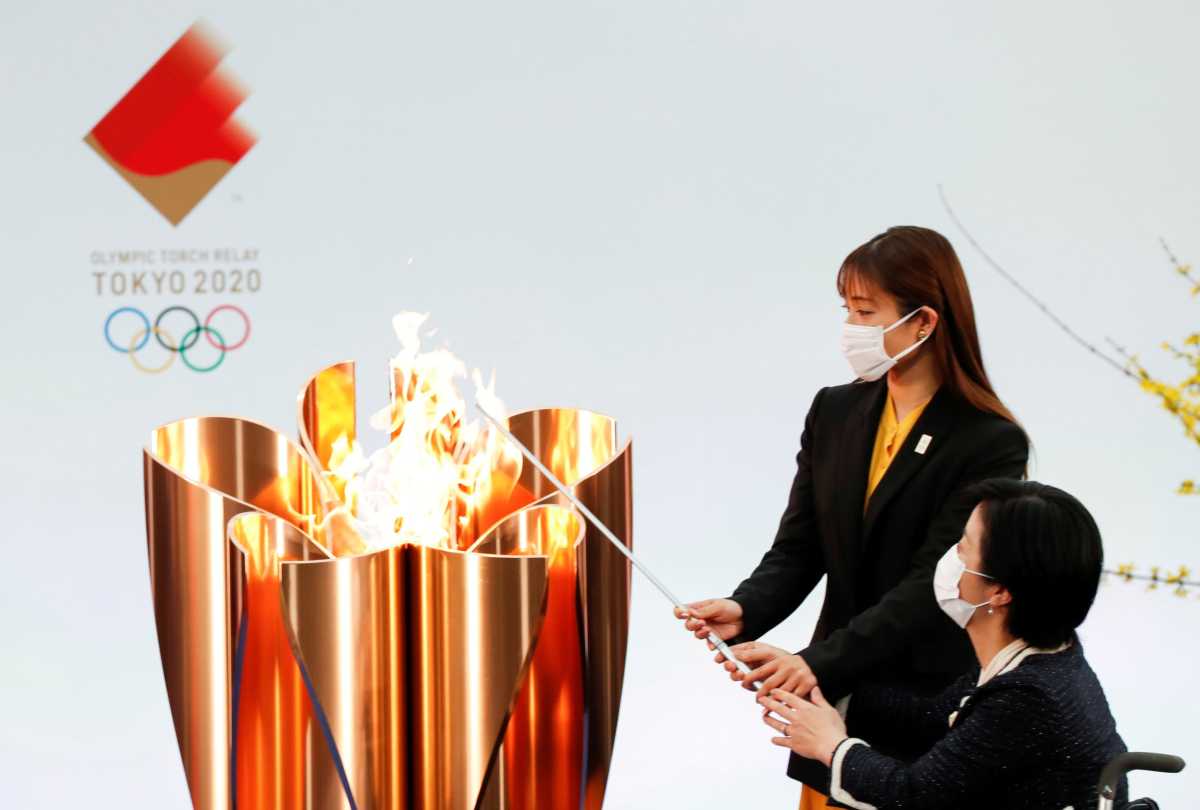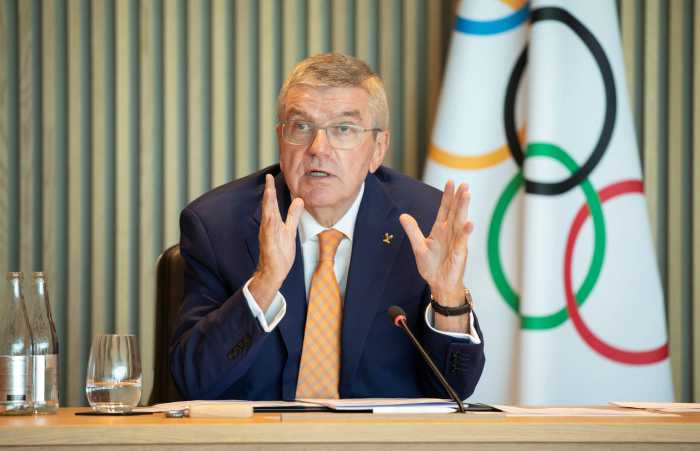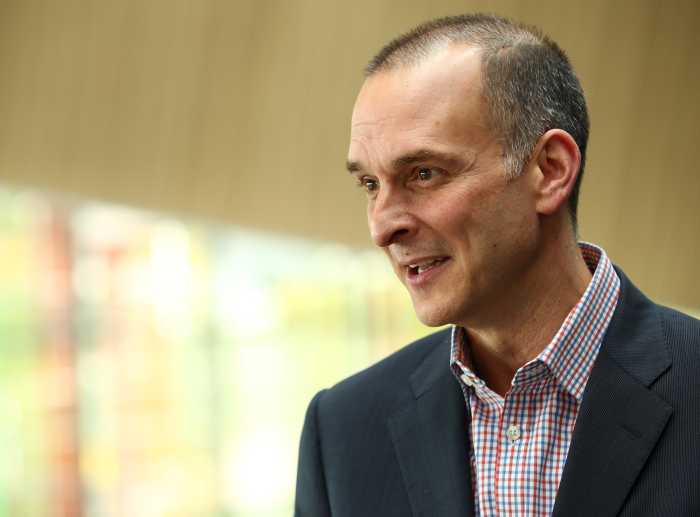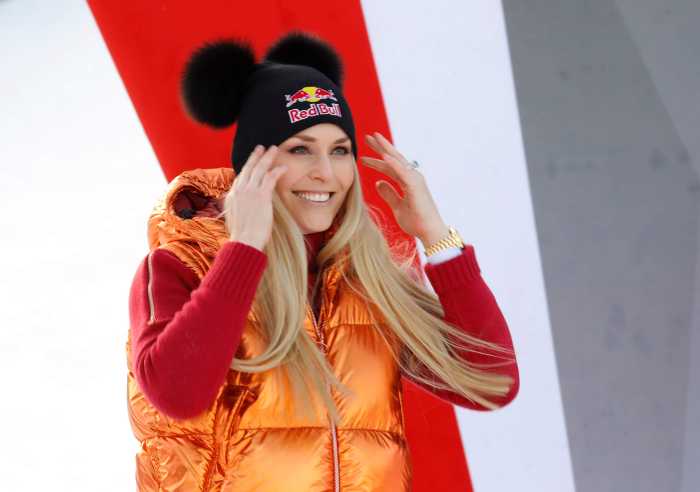Japan’s 2020 Olympics committee may seek further vaccine donations to make the rescheduled Games as safe as possible, Tokyo 2020’s CEO said after a board meeting on Tuesday, stressing that there had been no talk of further delays.
The Olympics have already been postponed by a year amid global concerns over how organizers can keep volunteers, athletes, officials, and the Japanese public safe when they begin on July 23 after a fourth wave of infections.
Tokyo 2020 CEO Toshiro Muto flatly denied there had been any talk of cancellation or further postponement at the executive board meeting.
“There was no talk on that whatsoever,” he told reporters.
Instead, he spoke of possibly seeking further vaccine shots, adding that “there is an ongoing discussion on whether we should be vaccinating Olympic-related staff more widely”.
Most people in Japan oppose holding the Games at all, several polls have shown, and a top Japanese virologist and government adviser were quoted on Tuesday as saying it was impossible to have a risk-free Games.
Tohoku University professor Hitoshi Oshitani was an architect of Japan’s “Three Cs” approach to the pandemic, which advises avoiding closed spaces, crowds, and close contact.
“It’s 100% impossible to have an Olympics with zero risks…of the spread of infection in Japan and also in other countries after the Olympics,” the London Times quoted Oshitani as saying.
“There are a number of countries that do not have many cases and a number that don’t have any variants. We should not make the Olympics (an occasion) to spread the virus to these countries,” he added, noting most countries lack vaccines.
However, a former Olympian turned public health expert said she believed the Games can be pulled off with an acceptable level of risk.
“There will be cases, but having one case or a couple of cases doesn’t mean that it was a failure,” Tara Kirk Sell, a professor at the Johns Hopkins Bloomberg School of Public Health, told Reuters on Tuesday.
Playbooks from event organizers detailing testing regimes and movement restrictions for athletes and other visitors “outline a good strategy” for minimizing contagion, Sell added.
PRAYING FOR SAFE GAMES
Media arriving from abroad to cover the Games will be closely monitored to ensure they don’t leave pre-registered areas such as hotels and sports venues, Tokyo 2020 President Seiko Hashimoto said. She also said Japan’s Olympics-related staff were expected to start getting vaccinated in mid-June.
“… We are still in a very difficult situation, but we have seen a gradual decrease of infections in Tokyo, and I am praying that the pandemic is brought under control as swiftly as possible,” Hashimoto said at the start of the Tokyo 2020 board meeting.
Japan has been spared the explosive outbreaks seen elsewhere but has recorded over 760,000 cases and more than 13,600 deaths. Tokyo and other regions are under a state of emergency as the nation battles a fourth wave which is straining hospitals.
The government’s top medical adviser, Shigeru Omi, said last week medical experts planned a statement on the Games by June 20, when the state of emergency is set to be lifted.
A labor union in the northern island of Hokkaido, where the Olympic marathon will be held, petitioned its governor on Monday calling for the Games to be canceled, media said.
Japanese Olympic Committee board member Kaori Yamaguchi, a judo bronze medallist at the 1988 Games, said on Friday Japan had been “cornered” into pressing ahead with the Games.
Japan’s public remains divided about holding the Games, although opposition appears to be easing somewhat. A poll by broadcaster TBS this week showed 55% wanted the Games either postponed or canceled – down 10 points from last month.
Sell, a silver medallist swimmer at the 2004 Games in Athens, said accelerating vaccinations and ebbing case numbers in Japan were positive signs the Olympics can go ahead.
“These Games are very much a symbol of the whole world emerging from this terrible, global pandemic,” she said.
“If we wanted to be as safe as possible, we’d never leave our house.”
Reuters































